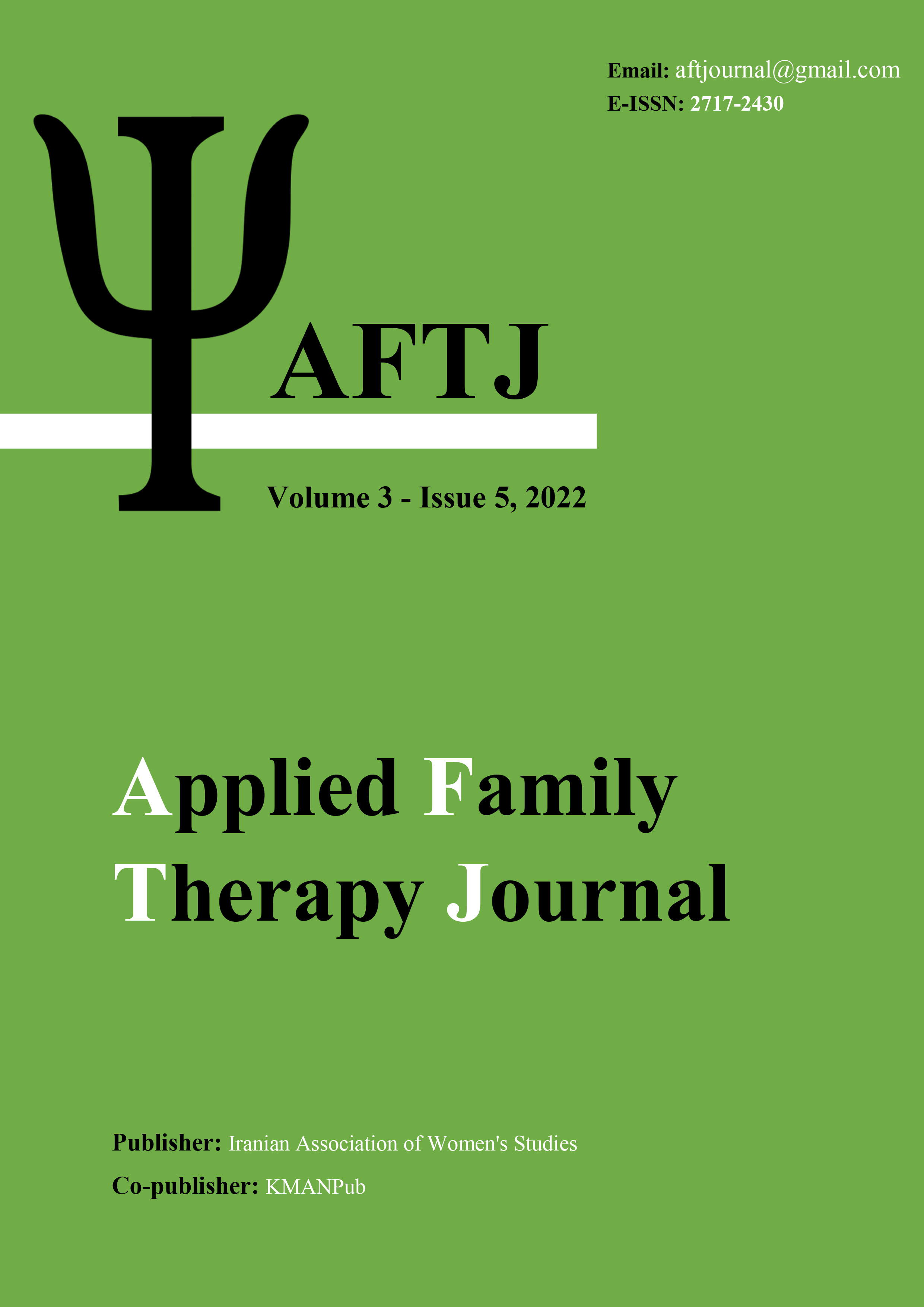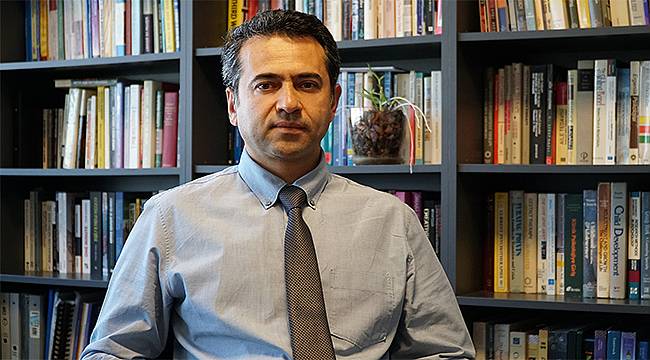Critical methodology of explaining the family system and women's rights from the point of view of Mohammad Mojtahad Shabastri
Keywords:
Hermeneutics, Tradition, Woman, Default, Family.Abstract
Aim: The family, as the most important social center, has undergone various changes in recent years; According to the changes in the family center, the position of men and women has also changed. Mujtahadshabastri is one of the new religious thinkers who put forward ideas in this field and from the perspective of hermeneutics and interpretation paradigm in human sciences, he challenged the rulings and duties and position of women in the existing interpretations of religious texts and demanded a re-interpretation and interpretation of the position and duties of women. And family and women's rights are based on culture, tradition and the cultural atmosphere that governs societies. Method: The current research was conducted based on fundamental methodology and with the help of content analysis method. Results: In this study, the epistemological foundations of Mujtahid Shabestri were analyzed and the hermeneutic foundations of the 19th century, including the hermeneutics of Schleiermacher and Diltay, were shown in Shabestri's theory, from the perspective of Islamic wisdom, the epistemic, existential and social gaps of his thought were drawn. . From this point of view, based on Shabestri's thinking, there is no eternal, permanent, pre-determined rule, in other words, there is no natural and developmental state; Rather, new orders can be issued according to the culture and social environment. Conclusion: The basis of Shabestri's theory can be traced in his interpretive theory, his vision of revelation and his jurisprudential Islam.
Downloads
Downloads
Published
Issue
Section
License

This work is licensed under a Creative Commons Attribution-NonCommercial 4.0 International License.






















